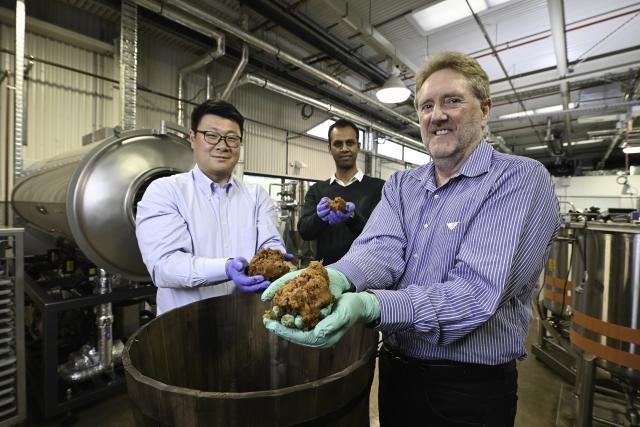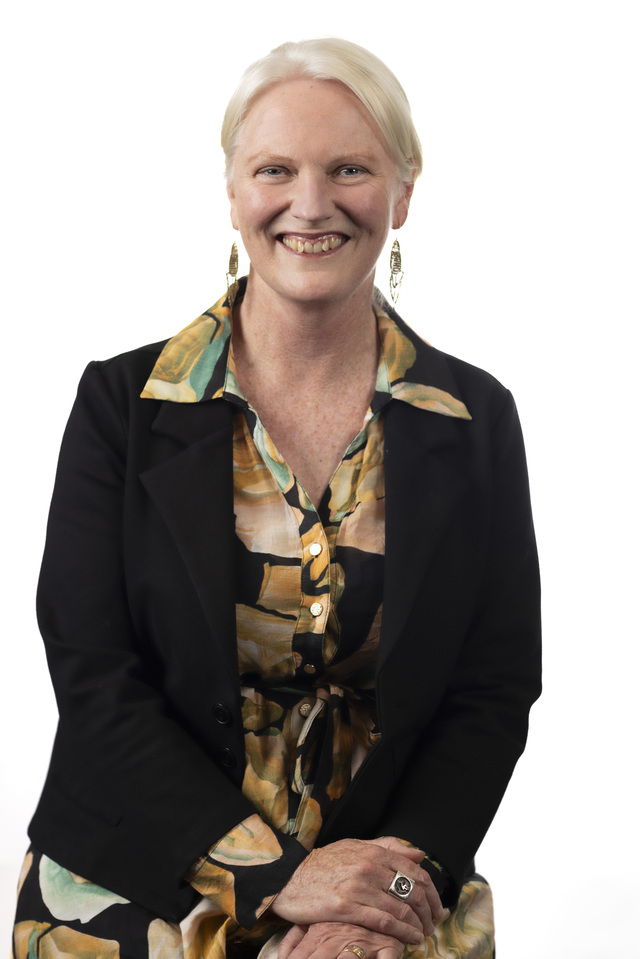Deakin University is partnering with a Japanese tech company to explore turning organic waste into reusable products.
Deakin’s Recycling and Clean Energy Commercialisation Hub (REACH) will work with Jet Technology to address the 7.6 million tonnes of food waste created in Australia each year, which costs the nation over $36 billion and emits 17.5 million tonnes of greenhouse gas.
The four-year research project, to be undertaken at Deakin’s Biofactory at Waurn Ponds, will look at converting apple waste into organic fabrics for the textile industry.
It will also look at ways to turn sugar byproduct bagasse, which accounts for around 20 per cent of Australia’s organic waste, into stock feed.
Alfred Deakin Professor and Deakin’s biotechnology chair Colin Barrow, who will head the team, said sending organic waste to landfill was a missed opportunity.
“Through this project we are exploring innovative methods to reduce organic waste, mitigate environmental impacts, and create value-adding products for a range of sectors,” Prof Barrow said.
“Supporting Jet Technology with supply chains and infrastructure, we will develop viable solutions for repurposing industry-generated organic waste to build a circular economy across different sectors, unlocking millions of dollars in value and strengthening domestic manufacturing.”
Jet Technology chief executive Howard Ju said there was great potential to improve organic resource recovery in Australia’s agricultural, dairy and fishery sectors and develop a circular economy.
“Australia’s agricultural and fishery resources represent significant tonnage of organic product that could be scaled-up for commercialisation,” Mr Ju said.
“Through this pilot project we will develop a range of applications and solutions to resolve current organic waste issues for different sectors and improve Australia’s organic resource recovery.
“Our world leading ERS technology reduces the organic recycling process from weeks or months to a few hours. It is a clean process with almost zero pollution to the environment that will produce organic products such as fertiliser, cow feed and textiles.”









